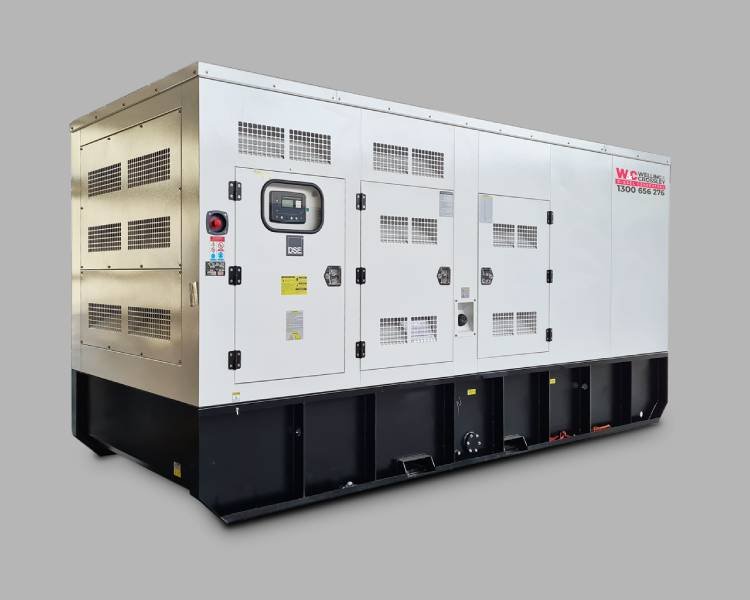A diesel generator set, often referred to simply as a "diesel generator" or "genset," is a piece of equipment used to generate electricity by using a diesel engine to drive an alternator or generator. These generators are widely used in various applications where a reliable source of electrical power is needed, especially in situations where the grid power is unavailable or unreliable. Here are some key components and features of a diesel generator set:
Diesel Engine: The heart of a diesel generator set is the diesel engine. Diesel engines are known for their durability and efficiency in converting fuel into mechanical energy. They are well-suited for continuous operation and can run for extended periods without significant maintenance.
Alternator or Generator: The alternator or generator is connected to the diesel engine and is responsible for converting the mechanical energy produced by the engine into electrical energy. It generates alternating current (AC) electricity, typically at either 120V, 240V, or other required voltage levels.
Fuel System: Diesel generators run on diesel fuel, which is stored in a fuel tank connected to the generator set. The fuel system includes components such as a fuel pump, filters, and a fuel injection system to ensure proper fuel delivery to the engine.
Control Panel: The control panel is the user interface of the generator set. It allows operators to start and stop the generator, monitor essential parameters such as voltage, current, and frequency, and provides safety features and alarms in case of issues like low oil pressure or high temperature.
Cooling System: Diesel engines generate a significant amount of heat during operation. A cooling system, typically using water and a radiator, is employed to dissipate this heat and maintain the engine at the proper operating temperature.
Exhaust System: Diesel engines produce exhaust gases that need to be safely vented to the outside. An exhaust system includes a muffler and a pipe to direct exhaust gases away from the generator's operating area.
Voltage Regulator: To maintain a stable output voltage, diesel generators often include a voltage regulator. This device adjusts the excitation current to the alternator to ensure that the generated voltage remains within acceptable limits.
Automatic Transfer Switch (ATS): In applications where the generator is used as a backup power source, an ATS is employed to automatically switch from the grid power to generator power in the event of a power outage. When grid power is restored, the ATS switches back to the grid.
Fuel Management System: Some advanced diesel generators incorporate fuel management systems that optimize fuel consumption and ensure efficient operation.
Diesel generator sets are commonly used in various settings, including industrial facilities, data centers, hospitals, construction sites, remote locations, and residential backup power systems. They are valued for their reliability, long service life, and the ability to provide a stable source of electricity in critical situations.

